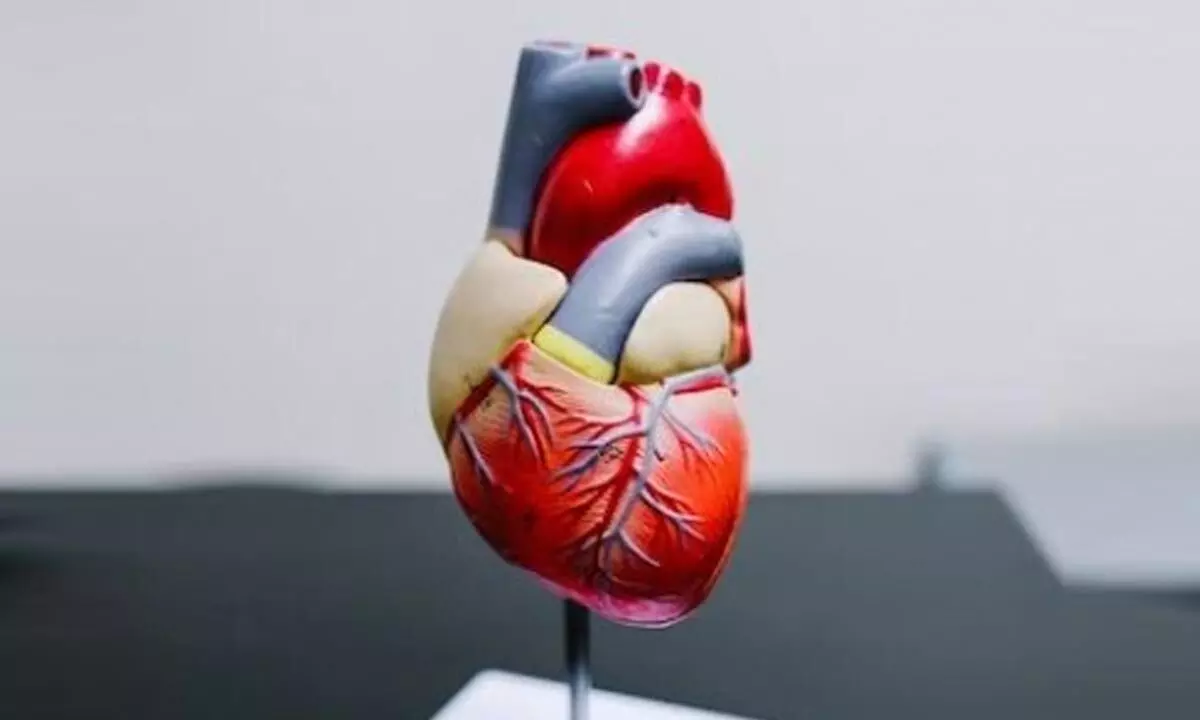Chronic exposure to lead, cadmium & arsenic raises heart disease risk
Share :

Chronic exposure to lead, cadmium & arsenic raises heart disease risk
Chronic exposure to low levels of lead, cadmium and arsenic through commonly used household items, air, water, soil and food is associated with an increased risk of cardiovascular diseases, according to a new scientific statement by the American Heart Association.
New York: Chronic exposure to low levels of lead, cadmium and arsenic through commonly used household items, air, water, soil and food is associated with an increased risk of cardiovascular diseases, according to a new scientific statement by the American Heart Association.
The scientific statement, published in the Journal of the American Heart Association, outlines global epidemiologic research confirming that lead, cadmium and arsenic are associated with premature death, due in large part to increased risk of cardiovascular diseases, including coronary artery disease, stroke and peripheral artery disease.
It showed that these metals interfere with essential biological functions. For example, lead and cadmium accumulate in the body and remain in bones and organs for decades.
"Large population studies indicate that even low-level exposure to contaminant metals is near-universal and contributes to the burden of cardiovascular disease, especially heart attacks, stroke, disease of the arteries to the legs and premature death from cardiac causes," said Gervasio A. Lamas, chair of the statement writing group and chief of the Columbia University Division of Cardiology at Mount Sinai Medical Center in Florida.
Lead may be found in a variety of items such as paint, tobacco products, second-hand smoke, contaminated foods (groundwater and some pottery, ceramics and kitchenware are sources of lead contamination in food), water pipes, spices, cosmetics, electronics and industrial emissions. Cigarette smoking is a source of both lead and cadmium.
Cadmium is found in nickel-cadmium batteries, pigments, plastic, ceramics and glassware, and construction products.
Industrially produced fertilisers use phosphate rock that is naturally rich in cadmium, which then contaminates root vegetables and leafy green plants (including tobacco).
Arsenic exposure is primarily through groundwater, which affects drinking water, soil and food grown in contaminated soil. Notably, arsenic builds up in rice more than other food crops.
The risk of exposure is higher for people who live closer to major roadways, industrial sources and hazardous waste sites; reside in older houses; or in areas where environmental regulations are poorly enforced and responses to community complaints are inadequate, the statement said.
"This is a global issue in which lower-income communities are disproportionately exposed to toxic metals through contaminated air, water and soil," said Ana Navas-Acien, Professor of environmental health sciences at Columbia University's Mailman School of Public Health.
"Addressing metal exposure in these populations may provide a strategy to reduce cardiovascular disease disparities and advance environmental justice," Navas-Acien added.
Monitoring environmental metal levels and testing for metal in individuals are key steps to implement appropriate public health initiatives, the authors suggest.













